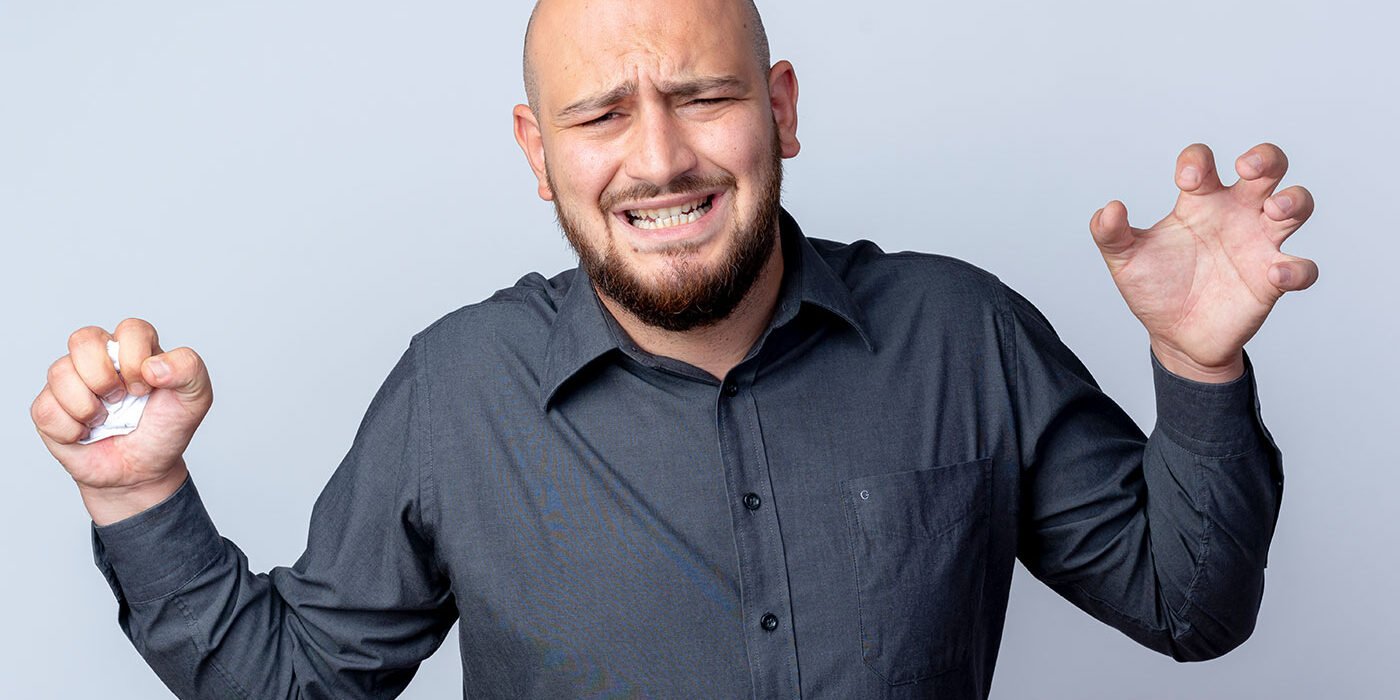Discover the ideal sleep position after hair transplant surgery to protect your grafts and promote fast healing.
Why Knowing How to Sleep After Hair Transplant Matters
Understanding how to sleep after hair transplant surgery is critical to long-term success. Improper sleep posture may damage your hair grafts, increase swelling, and slow the healing process.

Especially during the first 7 to 10 days post-operation, grafts are delicate. Avoiding pressure on the scalp can make the difference between success and failure.
Risks of Sleeping Incorrectly After Hair Transplant
If you don’t follow proper sleeping techniques after a hair transplant, you may experience:
- Graft dislodgement
- Forehead and eye swelling
- Delayed healing and poor graft survival
“Your sleeping position contributes to 90% of your transplant’s success.” – Graftgenix
The Best Way to Sleep After a Hair Transplant
✔️ Sleep on Your Back With Head Elevated
Use two pillows or a wedge pillow to keep your head elevated at a 30–45° angle. This position:
- Minimizes swelling
- Prevents friction on grafts
- Stabilizes the newly transplanted hair

Additionally, a travel neck pillow will prevent head-turning during sleep and safeguard your grafts.
What to Avoid When Sleeping After Hair Transplant
Do not:
- Sleep on your stomach or side
- Use soft, sinking pillows or couches
- Let your head make direct contact with the pillowcase
To learn more about the dos and don’ts, visit our Hair Transplant Post-Op Checklist.
Other Recovery Tips Besides Sleep
- Stay hydrated
- Reduce salt intake
- Do not consume alcohol or smoke
- Follow your doctor’s instructions strictly
Check our full guide on nutrition after a hair transplant to support healing naturally.
Conclusion: Sleep Smart, Heal Better
Knowing how to sleep after hair transplant can dramatically improve your procedure’s outcome. Proper elevation, back-sleeping, and consistent care can protect your grafts and speed up recovery.
Give your new hair the care it deserves—start with how you sleep.
Need help? Book a consultation or explore ISHR.org for trusted resources.
How Stress and Sleep Affect Hair Transplant Success – Expert Advice
Learn the best post-op sleeping practices to ensure optimal graft survival
